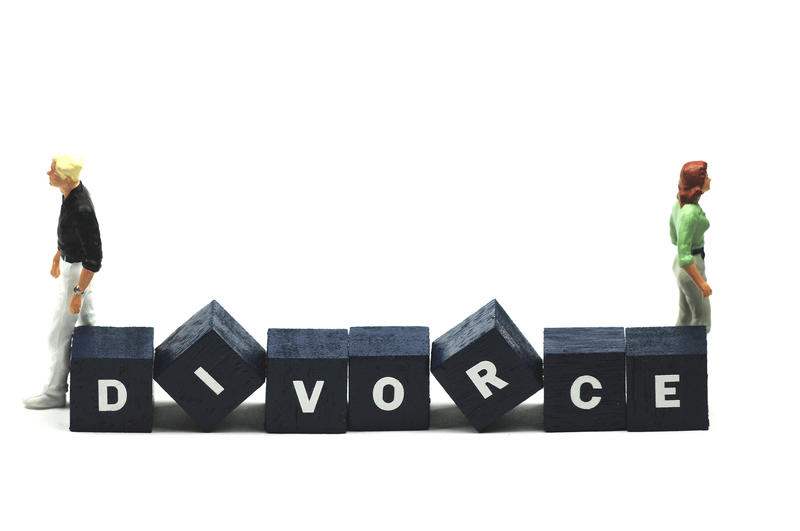
Clients are often misguided as to their rights and obligations in a divorce and, because of this, their expectations are often unrealistic. Often, clients will tell me what they believe the law to be; only for me to have to tell them otherwise. Below are 6 of the the most common misperceptions that I hear.
MYTH: My spouse left me and I need to file immediately for a legal separation.
TRUTH: In a New Jersey divorce, there is no such thing. We do have a cause of action (or grounds for divorce) based on 18 months separation. This is a basis for a divorce – not a basis for a legal separation. While some parties may have the financial means to live separate and apart during their divorce process, the marriage remains intact as do the obligations of the parties as a married couple. Since we now have irreconcilable differences as grounds for divorce, nearly 99.9% of the divorces I handle are put through under irreconcilable differences and 18 months separation is not so often used.
MYTH: My spouse abandoned me. I want consequences for this abandonment.
TRUTH: There are really no legal consequences for such “abandonment” in a New Jersey divorce. Where this does become important is if custody and parenting time are in issue and if a parent abandoned his/her spouse and child(ren), this will have implications in a custody and parenting time determination. I often counsel my clients that they are not to leave the marital residence unless and until custody and parenting time issues are resolved.
MYTH: It does not matter who my spouse hires as an attorney, we want an amicable divorce.
TRUTH: Unfortunately, it does matter. Some attorneys are resolution oriented. Some are not. If you and your spouse seek resolution, you need a resolution-oriented attorney. Now, this does not mean one who cannot protect you and advocate for you. It means one that respects your desire for an amicable resolution while advising you of your rights.
The fact of the matter is clients can get divorced as soon as an agreement has been reached between them. They are in sole control of their fate and hold the time of the resolution of all of their issues in their hands.
MYTH: My spouse is at fault and therefore they must pay extra.
TRUTH: Unfortunately, for the most part, fault does not matter. In some extremely egregious situations it may, but these situations are certainly a rare, if ever, exception to the rule. The reason for the break-up is rarely relevant.
MYTH: My child has turned 18 years old, so now I do not have to pay child support anymore.
TRUTH: Emancipation does not automatically occur at 18 years of age. It may or it may not. The analysis in deciding if a child is emancipated is whether or not the child is outside the sphere of influence of their parents. For example, children attending college full-time are not emancipated. Special needs children may never become emancipated.
MYTH: Common law marriages exist in New Jersey.
TRUTH: They do not. Clients often think that if they are living together for an extended period of time, they become common law husband and wife. They do not. There may be a palimony issue arising out of contractual obligations and promises, but there is no marriage.
I hope the above is helpful in dispelling and correcting some common misperceptions of New Jersey divorce law.
Please contact me at jlawrence@lawlawfirm.com if you have questions about this post or any other New Jersey divorce law matter.
The Super Lawyers List is issued by Thompson Reuters. A description of the selection methodology can be found here. Visit here for the selection methodology for Best Lawyers. A description of the Martindale-Hubbell AV Preeminent® status selection methodology can be found here. No aspect of this advertisement has been approved by the Supreme Court of New Jersey.
© 2024 Lawrence Law Firm.
All rights reserved | Attorney Advertising